Uncategorized
-
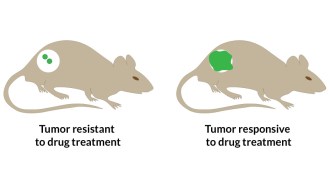 Health & Medicine
Health & MedicineCancer killers send signal of success
Newly designed nanoparticles deliver anticancer drugs and updates on tumor death.
-
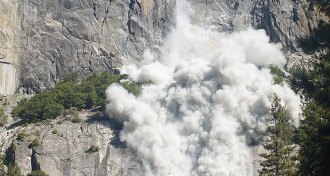 Earth
EarthBeware of rockfalls in warm weather
Cracks in cliff faces grow and shrink as temperatures warm and cool, new research shows.
-
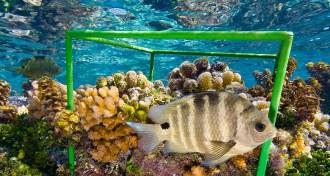 Science & Society
Science & SocietySee life in a cubic foot, visit Roman artifacts, and more to do
New and upcoming exhibits celebrate biodiversity, birds’ dinosaur origins, opulence in ancient Rome, and more.
-
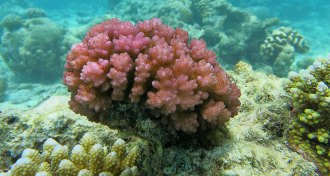
-
 Climate
ClimateOrganic molecules help fatten cloud-making water droplets
Cloud-forming water droplets can grow larger thanks to organic molecules on the exterior of the drop, new research suggests.
-
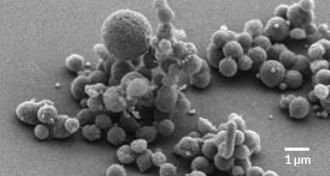 Genetics
GeneticsScientists build minimum-genome bacterium
Minimal genome organism reveals how much scientists don’t know about biology.
-
 Genetics
GeneticsZika may have flown to Brazil in 2013
The brand of Zika currently floating around the Americas traces its origins to Asia and may have arrived in Brazil by air as early as 2013.
-
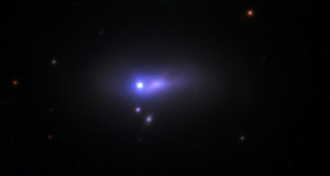 Astronomy
AstronomyCompanion star could have triggered supernova
An exploding star in another galaxy might have been pushed over the edge by a stellar companion.
-
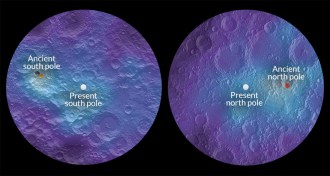 Astronomy
AstronomyThe moon’s poles have no fixed address
Ancient deposits of lunar water ice mark where the moon’s poles used to be.
-
 Life
LifeRacing for answers on Zika
In the latest issue of Science News, Editor in Chief Eva Emerson talks Zika virus, microbes, nutrition and mental health.
By Eva Emerson -
 Agriculture
AgricultureReaders debate GMOs
Genetically-modified food, nuclear fusion, black holes and more reader feedback.
-
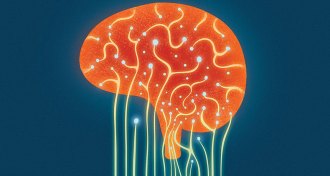 Health & Medicine
Health & MedicineMicrobes can play games with the mind
Our bodies are having a conversation with our microbiome that may be affecting our mental health — for better or worse.